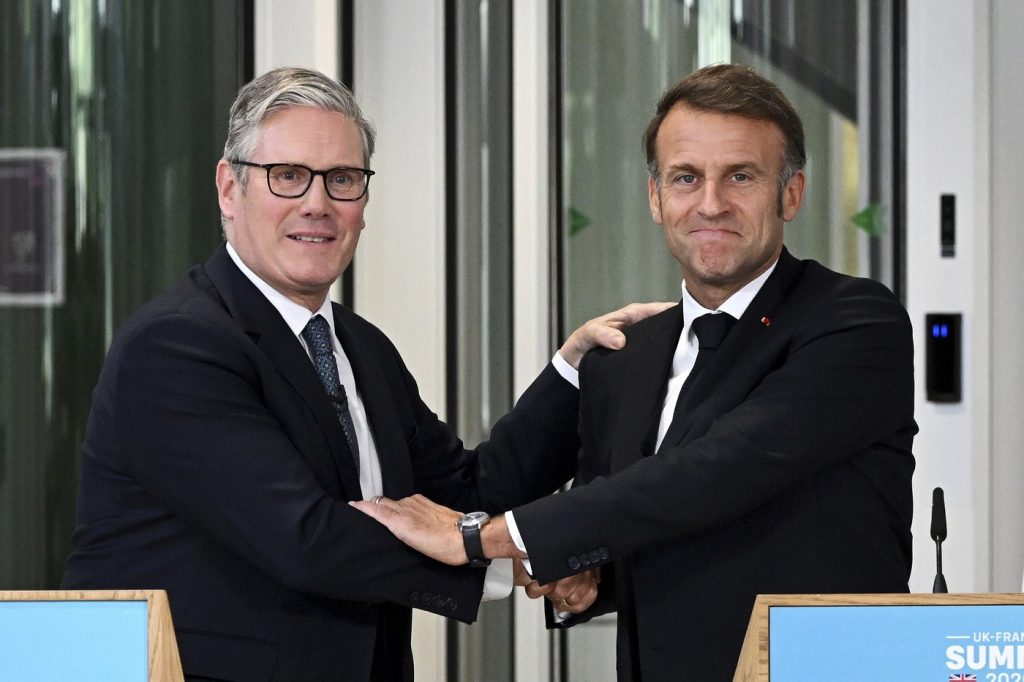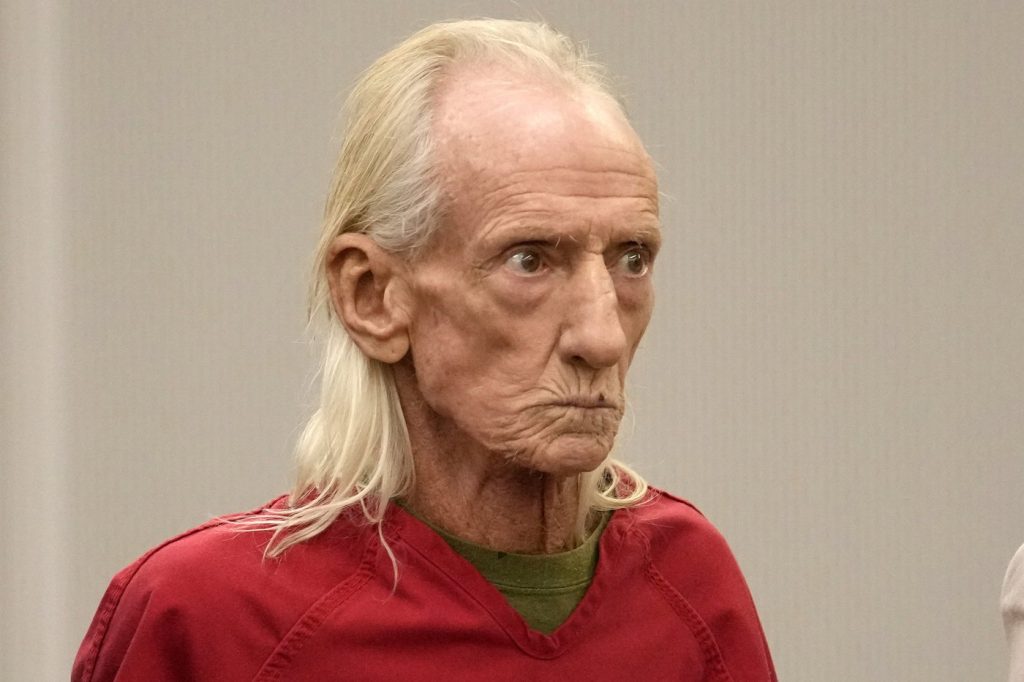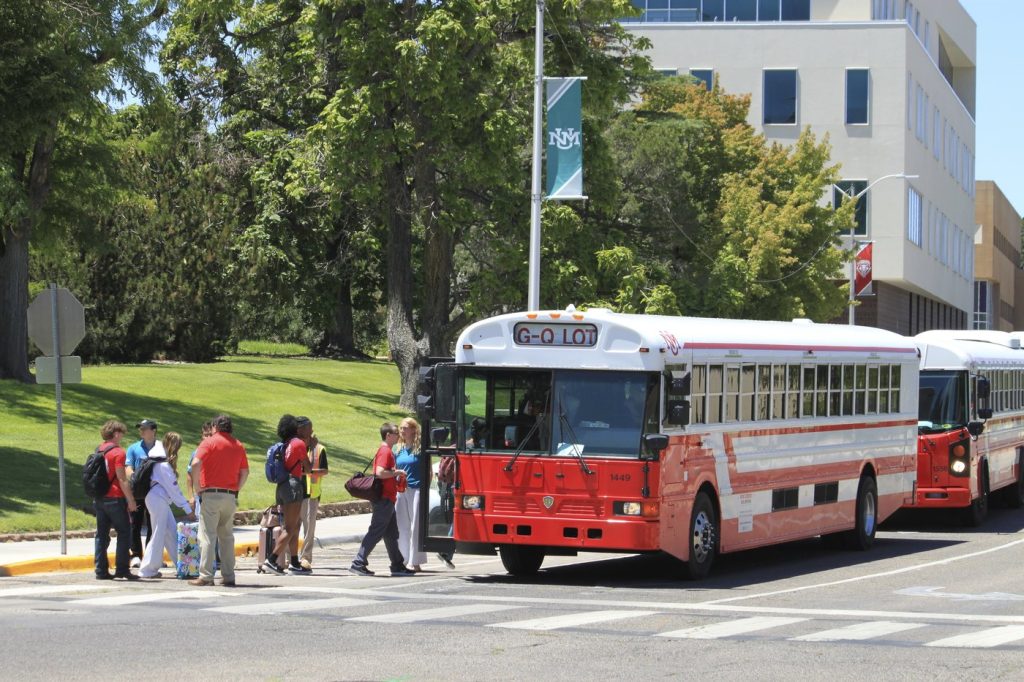LONDON (AP) - The leaders of Britain, France, and Germany have issued a joint demand for Israel to allow unrestricted aid into Gaza, citing a "humanitarian catastrophe." This call follows French President Emmanuel Macron's announcement that France will become the first major Western nation to recognize a Palestinian state.
The joint statement emerged after a conference call involving Macron, British Prime Minister Keir Starmer, and German Chancellor Friedrich Merz. It called for an immediate ceasefire and emphasized that “withholding essential humanitarian assistance to the civilian population is unacceptable.” However, the statement did not propose any new diplomatic initiatives.
Despite this united front, the announcement by Macron highlighted existing divisions among the European allies, known as the E3. Although all three nations support the principle of a Palestinian state, Germany indicated that it has no plans to follow France’s lead in the immediate future. Macron's recognition of Palestine is expected to be formalized at the United Nations General Assembly in September.
Britain has also yet to follow suit, but Starmer faces increasing pressure to officially recognize Palestinian statehood, both from members of the opposition and within his own Labour Party. Health Secretary Wes Streeting has urged Starmer to make the announcement, stating, “while there’s still a state of Palestine left to recognize.” Furthermore, a letter signed by 221 out of 650 House of Commons members has called for such recognition, emphasizing that backing a two-state solution has been the UK’s position since 1980.
Following the E3 call on Friday, Starmer condemned “the continued captivity of hostages, the starvation and denial of humanitarian aid to the Palestinian people, the increasing violence from extremist settler groups, and Israel’s disproportionate military escalation in Gaza.” He insisted that recognizing a Palestinian state must be part of a broader path toward peace.
Currently, more than 140 countries recognize a Palestinian state, including several in Europe. However, France’s decision marks it as the first Group of Seven country and the largest European nation to take this step.
Both Israel and the United States have condemned France's decision, while the UK has long supported the establishment of an independent Palestinian state alongside Israel. Nonetheless, the UK maintains that such recognition should be part of a negotiated two-state solution, which appears increasingly distant given the absence of substantive negotiations since the Hamas attack on October 7, 2023, that resulted in 1,200 Israeli deaths.
The deteriorating humanitarian situation in Gaza, characterized by spreading hunger and reports of children starving to death, has raised alarm among even Israel’s staunchest allies. Germany, traditionally a strong ally of Israel, stated that recognizing a Palestinian state should be “one of the concluding steps” in negotiations for a two-state solution, asserting it does not plan to act soon.
While Berlin has intensified its rhetoric by labeling Israeli military actions in Gaza as unacceptable and pushing for increased humanitarian aid, it still seems to prefer influencing Israeli officials through direct diplomacy. A German government statement highlighted ongoing exchanges with the Israeli government regarding issues like a ceasefire and humanitarian assistance improvements, suggesting a preparedness to escalate pressure if no progress is made.
Britain has suspended some arms sales to Israel, halted free trade talks, and imposed sanctions on far-right government ministers and extremist settlers. However, Starmer continues to face significant pressure to implement further measures. He is also keen to maintain a positive relationship with the U.S. administration, which has been vocal in its disapproval of France's recognition of Palestinian statehood. Starmer is scheduled to meet President Donald Trump in Scotland soon, amid discussions of potential diplomacy and trade.
Yossi Mekelberg, a Middle East expert at Chatham House, suggested that Macron's decision to delay the formal recognition creates an opportunity for other nations to align their stances. He remarked, “We know that the U.K. is close, but not there. This might encourage Starmer, who we know is not one to rush such a decision.”












